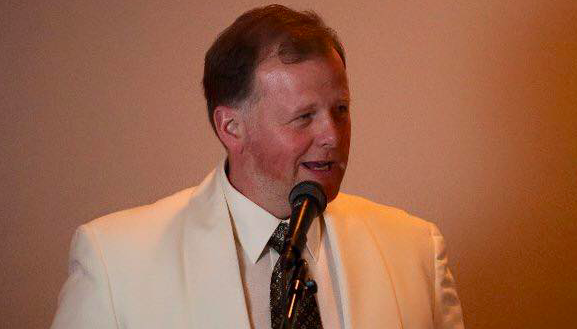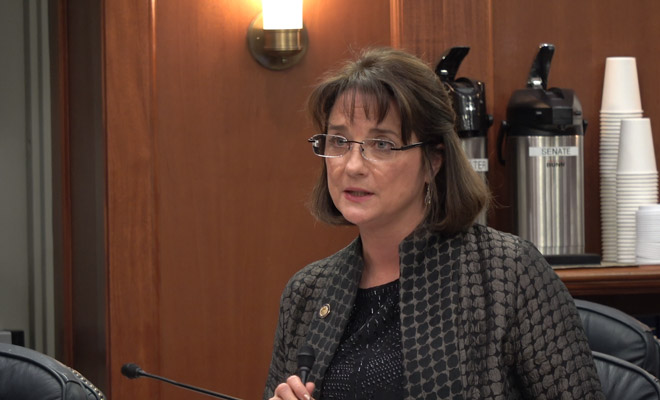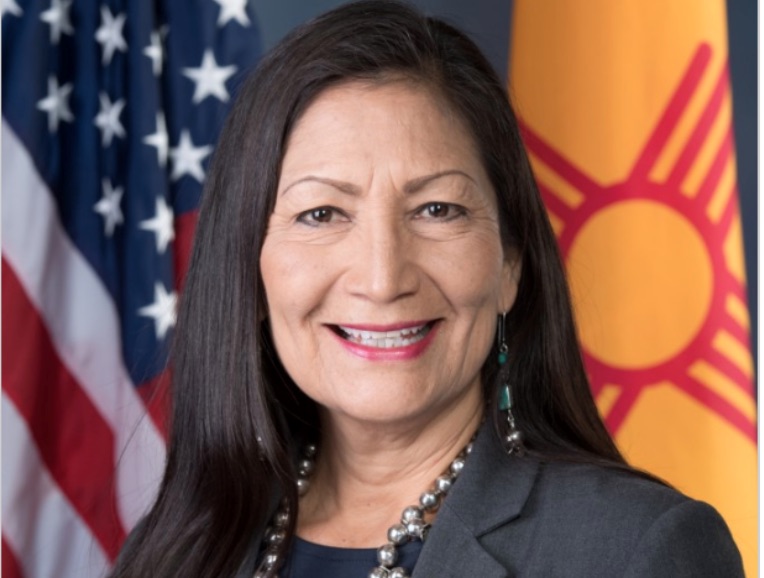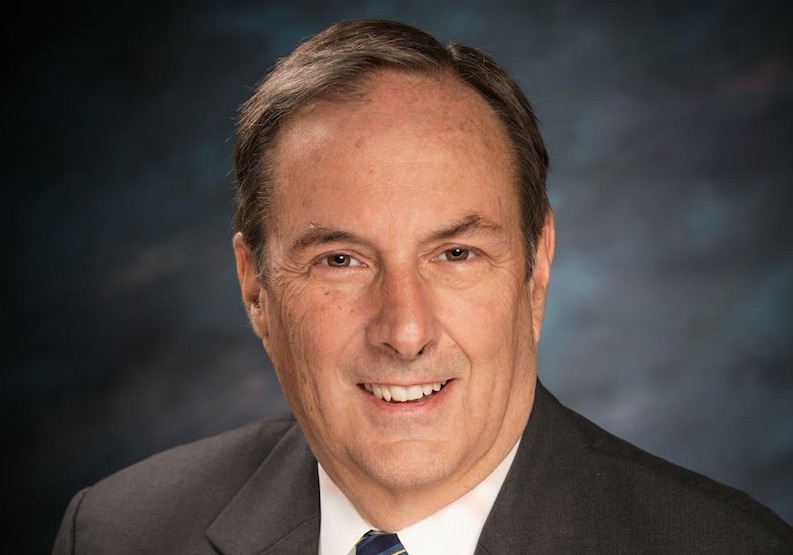By CRAIG E. CAMPBELL
This past week I experienced an epiphany — you know, events that change the course of your life and enlighten you with self-actualization and a realization that you are the problem.
I am a witness that if you just listen to your critics, look deep into your soul and reflect on your sins you can become a better human being.
To accomplish this, I needed to go back to my youth, to a time right after World War II, when the United States of America defended freedom, liberty, and evil by fighting two simultaneous wars, one against Hitler’s Germany, the other against Imperial Japan.
After the war, soldiers came home, married, got jobs, moved to suburbs, and read Dr. Seuss books to their children. One of those children was me. You see, I grew up on Garfield Street.
Theodore Seuss Geisel was a born in Springfield, Massachusetts in 1904. Seuss was of German decent and experienced anti-German bigotry as a youth. He grew up on Fairfield Street. It was a fairly modest, middle income neighborhood.
During World War II, Seuss wrote political cartoons against fascism and was a critic of America’s isolationist policies. He wrote the book Dr. Seuss Goes To War, in which he denounced Hitler and was critical of both Jewish anti-semitism and black discrimination. He seems kind of patriotic to me.
Regrettably, this past week, I learned from our enlightened media and cancel culture warriors that Dr. Seuss was actually a racist bigot. We are being told that many of his children’s books were filled with degrading, insulting, racist images. How could that be? I needed to do some deep soul searching to better understand how Dr. Seuss may have corrupted my life.
You see, I was also born in Springfield and grew up on Garfield Street, which is the street right next to Fairfield Street, just a few blocks from Mulberry Street.
My parents read me Dr. Seuss books. I grew up in the same neighborhood, attended the same schools and celebrated the same community events as had Dr. Seuss. So how had Springfield created such horrible person as Dr. Seuss?
It all became clear when I looked at the history of Springfield. The Springfield Armory was established by General George Washington in 1777 to manufacture military firearms for American revolutionaries against the British. The Springfield Rifle was the distinctive weapon for winning independence to become the United States of America.
I started to understand the Dr. Seuss problem. It’s Springfield. You see, George Washington owned slaves and ordered Indians to be killed. Today’s enlightened society is removing George Washington statues and renaming schools that were named after this horrible example of humanity. Thank God the Springfield Armory closed in 1968.
As I further studied the history of Springfield, I found a very disturbing anti-Indian culture had festered there for hundreds of years.
In 1675, the colonial village of Springfield was placed under siege by the Agawam Indians, who later attacked and burned the majority of village homes. Miles Morgan was one of the few settlers who successfully defended his home against this attack and today a statue of Miles Morgan stands in front of Springfield City Hall. Abuse of the Indian culture had to be at the center of this problem.
In my research I found a motorcycle company was founded in Springfield in 1901. Alas, in 1923 it was named the Indian Motorcycle Company. Clearly a slap against the Native American culture. Its premier motorcycle was named the Indian Chief and became the best selling motorcycle in America. Racism and bigotry was spreading across this great land, all centered in Springfield, Mass. It was with a triumphant cheer that the Indian Manufacturing Company went bankrupt and closed its Springfield operations in 1953.
The Springfield Indians was a professional minor league hockey team that played in Springfield from 1926 until 1994 (albeit the team had two temporary name changes during that period). It was one of the founding members of the American Hockey League. Finally after self-recognizing the culturally degrading name, the franchise ceased operations.
But there’s more to this web of dark Springfield discrimination. Springfield became home for minor league baseball teams. First the Springfield Cubs, later the Springfield Giants. Both played at Pynchon Park.
My research found that Pynchon Park was named after the colonist, John Pynchon, who was the village leader during the burning of Springfield by the Agawam Indians in 1675. I felt ashamed that as a lad I had actually gone to Pynchon Park to watch baseball games.
There are other dark characters that hailed Springfield as home. Milton Bradley started a color lithography shop in Springfield in 1860. Following the Civil War, he founded the Milton Bradley Company, one of America’s most successful board game companies. But let’s not forget the checkered past, when Milton Bradley produced the early version of “Life” which had success defined as advanced education and marriage, while the penalties for failure included suicide (which was depicted in a box with a noose), or ruin, where you were depicted as a drunk and destitute.
Imagine defining success as prosperity and marriage. Stop it, these cultural values are killing society. Thank God the Milton Bradley Company was sold to Hasbro where some sanity was restored to board games.
Springfield is also home of the Peter Pan Bus Company. Established in 1933, Candidate Bill Clinton chartered Peter Pan for his 1992 campaign. Sadly, the Peter Pan Bus Company is just another example of a company profiteering from cultural degradation. Disney+ has rightfully limited the 1953 children’s movie “Peter Pan” from being seen by children because of its dark and disturbing message.
Now that I have seen the light, I understand how disturbing Tinkerbell really is to a child’s psyche. When will the Peter Pan Bus Company learn that Tinkerbell is really degrading to the LGBTQ community by being depicted as so small, and “fairy” like?
Smith and Wesson, headquartered in Springfield, is one of America’s most successful hand gun companies. Smith and Wesson has provided law enforcement with revolvers for over a century. But after this past summer of anti-police riots, I realize Smith and Wesson is a problem. It is a prime culprit in providing weapons to police officers to enforce law and order; thereby fueling racism when police officers use deadly force against violent criminals or those who may be assaulting officers with deadly forced.
My softer side now understands we must defund the police and disarm these predators of justice in order to end discrimination in America. How could I have been so blind?
But the clincher for me was knowing that Springfield, Mass. is home of the Naismith Memorial Basketball Hall of Fame. Founded in Springfield in 1891, basketball has become an American classic sport. It is clearly evident that the National Basketball Association is a racist organization. In 2020, the NBA racial make-up consisted of approximately 10 percent white, 80 percent black, and 10 percent others. Did I miss something, or are these numbers indicative of racial discrimination? And to think it all started in Springfield, Mass.
The NBA has been a leader in fostering national pride. From players who kneel for the national anthem, to Dallas Maverick owner Mark Cuban not playing the national anthem at the start of each home game (thankfully overruled by the NBA), to cozying-up to China to bolster profits and poke a finger in the eye of America, basketball has developed a true identity crisis.
Which brings me back to Dr. Seuss. Sure, there are some dated pictures and characterizations in some of his books, but are they really cultural prejudice? Dr. Suess opened the eyes of millions of Americans to adventure, world travel, cultural differences, and imagination.
Was his depiction of a Chinese guy running in oriental silks, eating rice with chop sticks really a statement of discrimination? No way. It was a cartoon depiction of a Chinese guy running in oriental silk eating rice with chop sticks.
Was the Arabian prince riding a camel wearing a turban and shoes that curled up at the end really a mark of discrimination against Middle Eastern culture? No way. It was a cartoon depiction of an Arabian prince riding a camel wearing a turban and shoes that curled up at the end.
The above examples I read when I was very young come from “And to Think That I Saw This on Mulberry Street” That book, among many others, led me to a lifetime of adventure, eventually leaving New England and finding my way to Alaska.
I have traveled to Japan, Mongolia, China, Russia, the Middle East, and many other lands. Cultures are different. People have different customs. That makes the world a majestic tapestry, enriched by our differences. It is tragic when today’s Cancel Culture seeks to quash a child’s inquisitive nature by branding other cultures depicted in a cartoon as offensive.
If things should be canceled because they are offensive to some, than I want the Cancel Culture immediately canceled because it is offensive to me and millions of other Americans who respect freedom of speech, liberty, and the right to self-expression.
Let’s bring back all Dr. Seuss books to our libraries and once again honor Dr. Seuss as the inspirational author who was the icon for “Read Across America” week.
America has got to stop being so offended by everything.
Craig E. Campbell served on the Anchorage Assembly between 1986 and 1995 and later as Alaska’s Tenth Lieutenant Governor. He was the previous Chief Executive Officer and President for Alaska Aerospace Corporation. He retired from the Alaska National Guard as Lieutenant General (AKNG) and holds the concurrent retired Federal rank of Major General (USAF).









